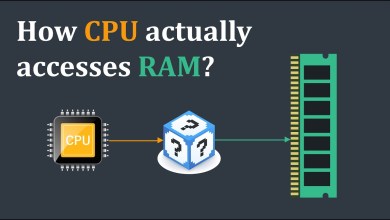CLOUD ENGINEER in ITM UNIVERSITY
A cloud engineer is a professional responsible for designing, implementing, and managing cloud computing solutions and infrastructure. Cloud engineers play a crucial role in leveraging cloud technologies to enable businesses and organizations to operate efficiently, securely, and with scalability. Their primary focus is on cloud platforms like Amazon Web Services (AWS), Microsoft Azure, Google Cloud Platform (GCP), and others.
The key responsibilities of a cloud engineer include:
Cloud Infrastructure Setup: Designing and configuring cloud environments based on the specific needs of the organization. This involves creating virtual machines, networks, storage, and other cloud resources.
Security and Compliance: Implementing security measures to protect cloud-based applications and data. This includes managing access controls, encryption, and ensuring compliance with industry standards and regulations.
Application Deployment: Assisting in deploying and managing applications on cloud platforms, ensuring optimal performance and availability.
Automation and Orchestration: Utilizing infrastructure as code (IAC) and automation tools to streamline cloud operations and improve efficiency.
Monitoring and Troubleshooting: Monitoring cloud infrastructure and applications to identify and resolve performance issues, bottlenecks, and other potential problems.
Disaster Recovery and Backup: Creating and managing disaster recovery and backup strategies to ensure data protection and business continuity.
Cost Optimization: Optimizing cloud resource usage to control costs and avoid unnecessary expenses.
Cloud Migration: Assisting in migrating on-premises infrastructure and applications to the cloud.
Collaboration: Working with cross-functional teams to understand business requirements and translate them into cloud solutions.
Continuous Learning: Keeping up-to-date with the latest cloud technologies and best practices to continuously improve cloud infrastructure and operations.
Cloud engineers should have a strong understanding of cloud computing concepts, virtualization, networking, and security principles. They should be familiar with various cloud service models, such as Infrastructure as a Service (IaaS), Platform as a Service (PaaS), and Software as a Service (SaaS). Additionally, proficiency in programming and scripting languages, along with knowledge of DevOps practices, is highly beneficial in the role of a cloud engineer.
[ad_2]
source



